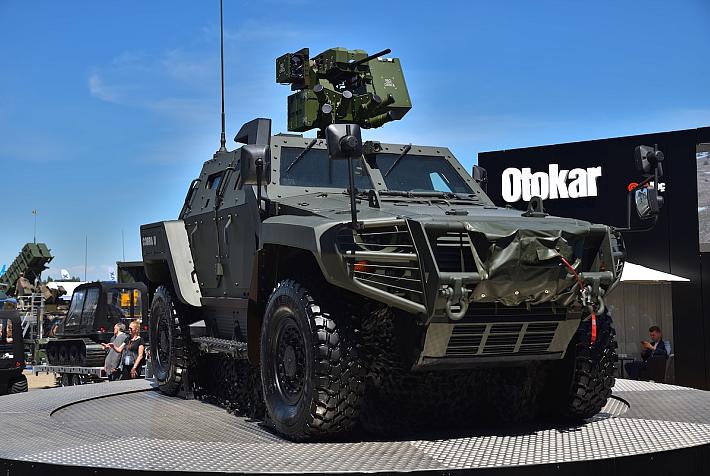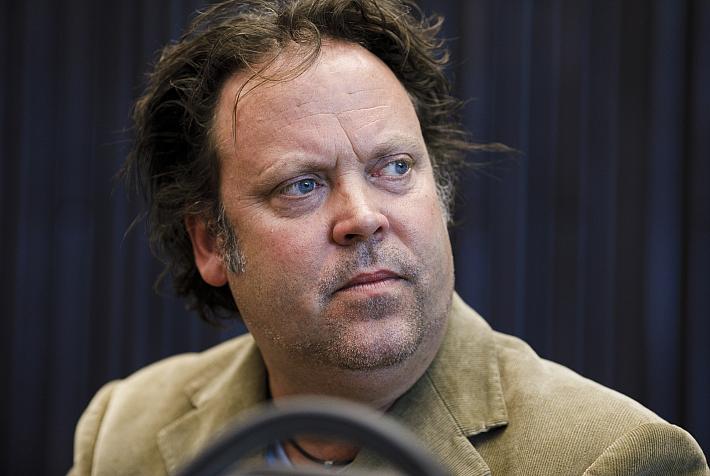Entrepreneurial potential is strong in Romania, but fear of failure and financing barriers persist - report

Entrepreneurs in Romania correctly perceive business opportunities in the market but fear failure and see difficult access to financing as a significant barrier to business development. These are two main findings included in the country report on entrepreneurship - research conducted by the Babeș-Bolyai University (UBB)-FSEGA team within the international project Global Entrepreneurship Monitor (GEM).
Compared to countries in Eastern Europe, Romania's entrepreneurial potential is competitive, with a high perception of good opportunities for new companies. Thus, 63.75% of Romanians see favorable conditions for starting a business in the next six months, and 62.68% claim they have the skills and knowledge necessary to launch a business.
Despite these strengths, there are also barriers, one of which is the fear of failure, which affects 58.05% of the adult population, a relatively high figure compared to other Eastern European countries. Romania ranks fifth globally for this indicator, demonstrating that cultural and economic factors create an environment where the costs of failure are perceived as prohibitively high, according to the GEM Romania report.
The same research revealed that the positive self-assessment of entrepreneurial potential reflects Romania's educational initiatives, as well as the relatively high level of fundamental and practical business knowledge. Additionally, the low business discontinuation rate (1.05%), one of the lowest in Eastern Europe, further highlights the resilience of Romanian entrepreneurs.
The biggest opportunity for Romanian entrepreneurs lies in digital transformation, especially after the COVID-19 pandemic. This has accelerated the adoption of digital technologies, with 19.88% of early-stage entrepreneurs in Romania reporting the use of digital technologies as part of their business strategies.
According to the report, the early-stage entrepreneurial activity rate for Romania stands at 8.25%, slightly below the 12.94% average for the participating countries in the GEM Global. This figure suggests a moderate level of engagement in new business activities compared to similar countries worldwide.
Meanwhile, the rate of established business owners is higher, at 8.6%, indicating a stable but cautious entrepreneurial community, where fewer entrepreneurs start new companies. However, those who do tend to sustain their businesses beyond the initial stages. Economic conditions, cultural attitudes towards risk, and a generally prudent economic environment are key factors shaping the entrepreneurial context in Romania.
At the same time, in Romania, 46.20% of the population aged between 18 and 64 knows someone who has started a business in the last two years. This rate is lower than in Croatia, Poland, Slovakia, and Hungary, placing Romania 37th out of 49 countries participating in the GEM Global research in 2022.
Romania's situation is more favorable when it comes to identifying business opportunities, ranking 14th, the report also revealed. At the same time, in Romania, 63.75% of the adult population believes there are good conditions to start a business in their area within the next six months. Although this rate is lower than Poland's (72.26%), it is higher than Hungary's (27.23%) and Slovakia's (29.37%), and similar to Croatia's (60.02%).
As for the profile of entrepreneurs in Romania, potential entrepreneurs are aged between 35 and 44 years (29.5%), have higher education (56.4%), are men (68.4%), and have an average household income (46.8%).
"Surveys from recent years show that the role of women in entrepreneurship is becoming increasingly important. GEM Global (2023) highlights that more and more women are choosing this career, being the fastest-growing category of entrepreneurs. However, in Romania, these trends are not observed, as all entrepreneurial categories are dominated by men, and the gender gap is significant. Moreover, the gender gap has increased significantly compared to the previous period," said Prof. Dr. Tünde Petra Szabó.
According to GEM results, 51.5% of early-stage entrepreneurs in Romania operate in consumer services, 21.2% in business services, 21% in manufacturing, and 6.3% in the extractive industry. Established entrepreneurs, in turn, operate 30.4% in consumer services, 24.5% in business services, 35.4% in manufacturing, and 9.7% in the extractive industry.
Romania ranks 36th out of 51 participating economies in GEM Global, according to the national entrepreneurship environment index, with a score of 4.2 points. In most framework conditions, Romania is close to the average of middle-income countries. The biggest difference is recorded in terms of support for the UN's Sustainable Development Goals, social and cultural norms, and government programs for entrepreneurship, where Romania is significantly below the average of middle-income economies.
In the opinion of experts from Romania who participated in the GEM Global analysis, it is necessary to develop long-term entrepreneurial policies rather than quick, short-term measures, as changes occur gradually, especially at the institutional level.
"The government, in the long term, should support the development of a healthy entrepreneurial ecosystem through business incubators, accelerators, innovation centers, and other facilities, all of which provide entrepreneurs with access to resources, mentorship, networks, and other tools necessary to develop their businesses," said Prof. Dr. Levente Szasz, Vice-Rector of UBB – responsible for quality and entrepreneurship.
The team of specialists from UBB-FSEGA who worked on the country report is made up of Tünde Petra Szabó, Annamária Dézsi-Benyovszki, Botond Benedek, and Lehel-Zoltán Györfy.
irina.marica@romania-insider.com
(Photo source: Sitthiphong Thadakun/Dreamstime.com)













